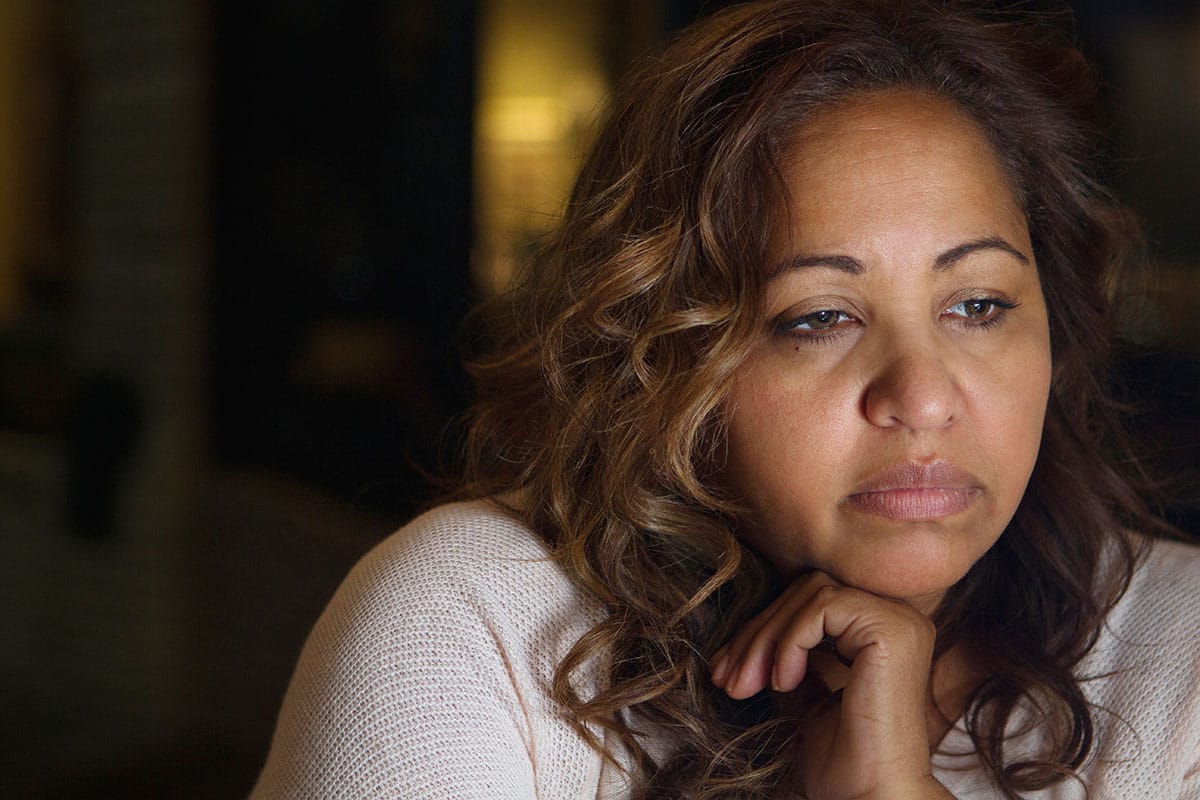Opioid addiction has been an increasing problem throughout the United States. Opioids are incredibly addictive and challenging to quit, so even people who use them as prescribed for pain run the risk of developing an addiction. Once you are dependent on opioids, the withdrawal symptoms can be so uncomfortable that you cannot quit and begin recovery on your own. To help you get through the opioid withdrawal more comfortably, enroll in an opioid addiction treatment program that includes medication assisted treatment.
At BrightView, we realize that opioid withdrawal can be so severe that some people find it impossible to quit at home. Our opioid treatment programs are here to help keep you safe and comfortable as you kick your addiction. Call us today at 888.501.9865 to find out more about our outpatient medication assisted treatment programs.
Why Opioid Withdrawal Happens
Addiction develops as a result of changes that take place in your brain and body. Over time, opioids build up in your system and eventually cause a significant physical dependence. When you reduce your dosage or stop taking them completely, the body goes into withdrawal because of the lack of opioids. To avoid these uncomfortable symptoms, many people seek out opioid treatment programs.
What Are the Symptoms of Opioid Withdrawal?
If you attempt an at-home detox, you’ll begin to experience withdrawal symptoms as the drug leaves your body. If you have ever tried to quit opioids on your own, you know how difficult it can be. The symptoms of opioid withdrawal can vary depending on several factors, including:
- The length of time you were using the drug
- The size and frequency of the dose of opioids you were taking
- The type of opioid you were using
- Whether you were using other substances in conjunction with opioids
- The existence of co-occurring mental health disorders
The symptoms of opioid withdrawal can range in severity, but they are not necessarily dangerous. Some of the most common symptoms of opioid withdrawal include:
- Nausea and vomiting
- Excessive sweating
- Insomnia
- Fever
- Muscle aches
- Anxiety
- Stomach cramping
- Rapid heartbeat
- Dehydration
Opioid withdrawal does not usually result in life-threatening symptoms. For the most part, you may feel like you have the flu. However, excessive sweating can lead to severe dehydration, requiring a visit to an urgent care facility to replace lost fluids. If you have an existing mental health disorder, you may experience more severe opioid withdrawal that can exacerbate your condition.
How Can Opioid Treatment Programs Help with Opioid Withdrawal?
The symptoms of opioid withdrawal make some people hesitant to get treatment for their opioid use disorder. If they tried to quit opioids in the past and experienced severe withdrawal, they may be even more nervous about quitting. Getting the help of professional opioid treatment programs can make all the difference in getting through withdrawal comfortably.
Here is how an opioid treatment program can help you get through withdrawal:
- Medication assisted treatment (MAT) is used to help alleviate or eliminate uncomfortable withdrawal symptoms. Your care team will customize an appropriate medication regimen to suit your needs. Medications can include opioid agonists to replace the drug and opioid blockers to block the effects of opioids. You may also receive medications to relieve pain, inflammation, nausea, and digestive discomfort.
- Individual counseling is an integral part of opioid treatment programs as it helps address the root cause of your addiction. Your counselor can help you work through mental and emotional challenges so you are prepared to navigate life in recovery.
- Group therapy is beneficial for helping you stick to your treatment plan as you go through withdrawal. Group members can share their tips and encouragement to help you stay focused on your goal: freedom from opioid use disorder.
As you work through treatment, you’ll build a strong foundation of life skills that you can use to prevent relapse in the future.
Get Through Withdrawal Comfortably with BrightView’s Opioid Treatment Program
For a comfortable recovery, put your faith in BrightView’s medication assisted opioid treatment program. Our MAT programs provide you with an individualized regimen of medications and therapy to help you feel safe, comfortable, and supported throughout the process. Do not let the fear of withdrawal symptoms stop you from getting the help you need for opioid use disorder.
BrightView’s clinics accept walk-ins until 3 pm on weekdays, and our admissions counselors are available 24/7 to answer your questions. Reach out to us today to start living a life free from opioid addiction.
You can reach our team at 888.501.9865 or connect with us online to learn more.
